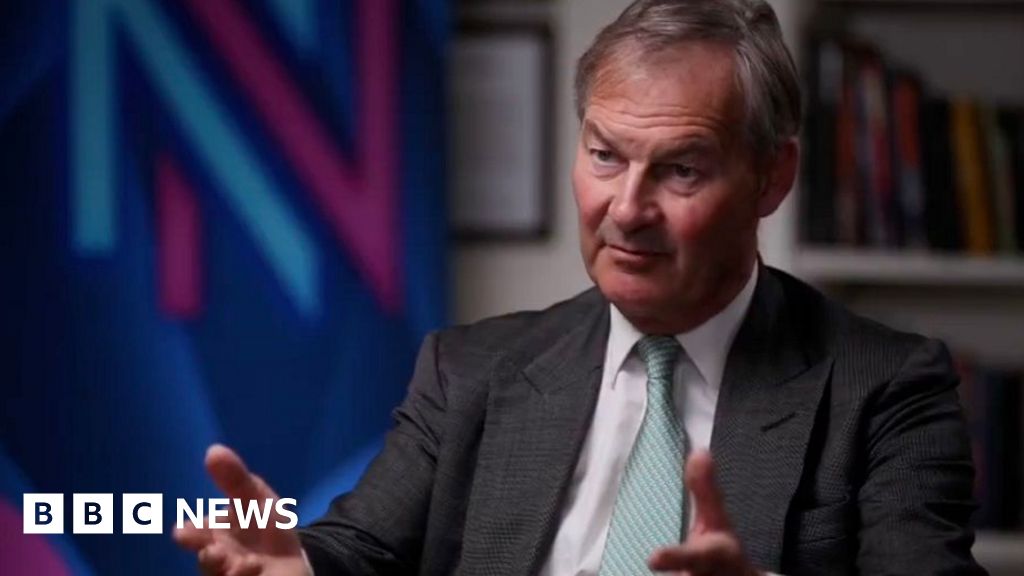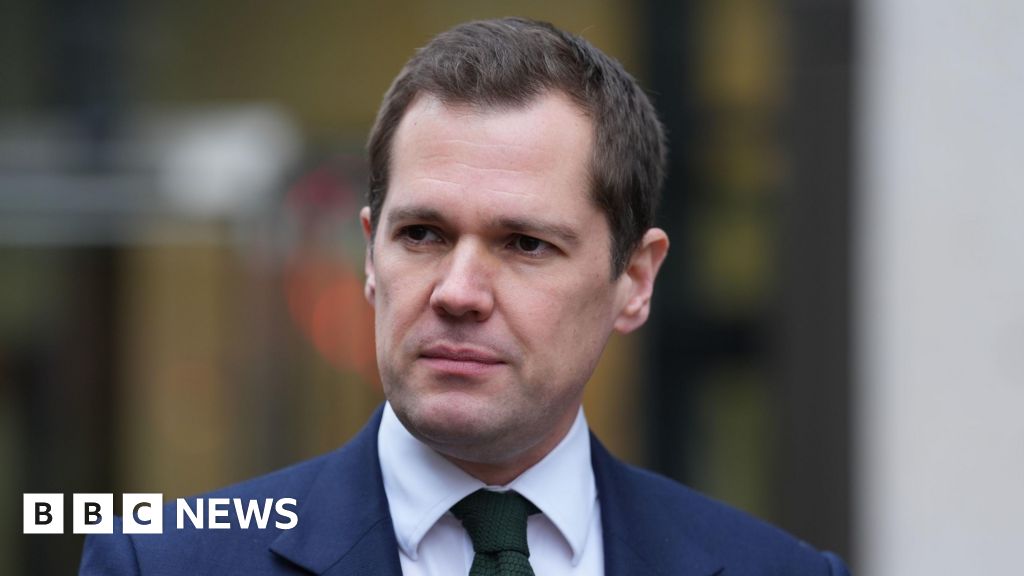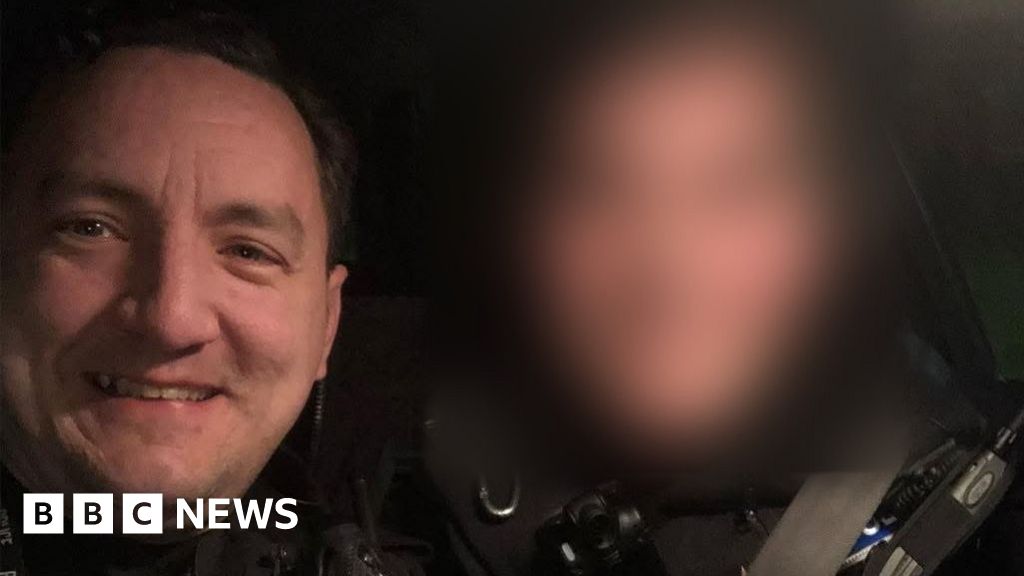ARTICLE AD BOX
By Enda McClafferty
BBC News NI political editor
Image source, Tolga Akmen/REUTERS
Image caption, Boris Johnson said it is "crazy to have cancer drugs which you can't move from one part of the UK to another"Prime Minister Boris Johnson has said he believes the Northern Ireland Protocol could "in principle work" if it was "fixed".
But he also did not rule out triggering Article 16 if the EU failed to come up with plans to deal with current issues.
Mr Johnson's comments came in an interview with BBC News NI.
He also talked about the government's controversial legacy proposals, which seek to end all Troubles-related prosecutions before 1998.
Mr Johnson insisted he did not want to "deny" anyone justice but felt it was time for Northern Ireland to "move on".
The prime minister said he wanted the EU to come to the table with serious proposals to fix the Northern Ireland Protocol.
"The fundamental problem for us is that it is very difficult to operate in an environment where the EU system can decide when and how many checks can be carried out across the Irish Sea," he said.
"Goods are being pointlessly interrupted, and it is crazy to have cancer drugs which you can't move from one part of the UK to another."
But the prime minister said it was possible for the protocol to work.
"The protocol could in principle work," he said.
"It has got enough leeway in the language for it to be applied in a common sense way without creating too many checks down the Irish Sea."
But he warned it will come down to "fixing it or ditching it".
Asked if he planned to trigger Article 16 during next week's Conservative Party conference he said "that depends on the response from the EU".
The Prime Minister was also questioned as to why he signed up to a deal which created a border down the Irish Sea.
He denied that he was naïve but said he had an "optimistic view of human nature and thought they (EU) would want to respect the Belfast Good Friday agreement".
He added the protocol was framed to operate "free trade east to west just as much as north to south and that was very very clear but unfortunately that is not the way it is being operated".
The Prime Minister also defended the governments legacy proposals which if adopted would see an end to all troubles related prosecution prior to 1998.
"We are trying to find a way forward and draw a line under one of the most wretched and miserable periods in our recent history," he said.
"We need to find a way of allowing people to reach an understanding of what happened and allowing families to reach closure while at the same time drawing a line."
He added "We don't want to deny anybody justice but what we do want is to heal, bring people together in a process of understanding of what happened but also to say to the people that it time for Northern Ireland to move on"

 3 years ago
55
3 years ago
55








 English (US) ·
English (US) ·